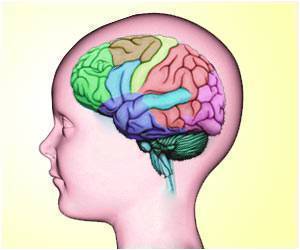Approximately 2.2 million people live with epilepsy in the United States, a complex brain disorder marked by sudden and often unpredictable seizures.

Some causes of epilepsy, such as traumatic brain injury, infection, and stroke, are preventable. Prevention efforts should continue for these established risk factors, as well as for recurring seizures in people with epilepsy and depression, and for epilepsy-related causes of death, the report says.
People with epilepsy need additional education and skills to optimally manage their disorder. Consistent delivery of accurate, clearly communicated health information from sources that include health care professionals and epilepsy organizations can better prepare those with epilepsy and their families to cope with the disorder and its consequences, the report says. Accurate, current data on the extent and consequences of epilepsy and its associated health conditions are especially needed to inform policymakers and identify opportunities for reducing the burden of epilepsy.
Living with epilepsy can affect employment, driving ability, and many other aspects of quality of life. The report stresses the importance of improved access to a range of community services, including vocational, educational, transportation, transitional care, and independent living assistance as well as support groups. The committee urged collaboration among federal agencies, state health departments, and relevant epilepsy organizations to improve and integrate these services and programs, particularly at state and local levels.
Misperceptions about epilepsy persist and a focus on raising public awareness and knowledge is needed, the report adds. Educating community members such as teachers, employers, and others on how to manage seizures could help improve public understanding of epilepsy. The report suggests several strategies for stakeholders to improve public knowledge of the disorder, including forming partnerships with the media, establishing advisory councils, and engaging people with epilepsy and their families to serve as advocates and educators within their communities.
Source-Eurekalert
 MEDINDIA
MEDINDIA



 Email
Email










